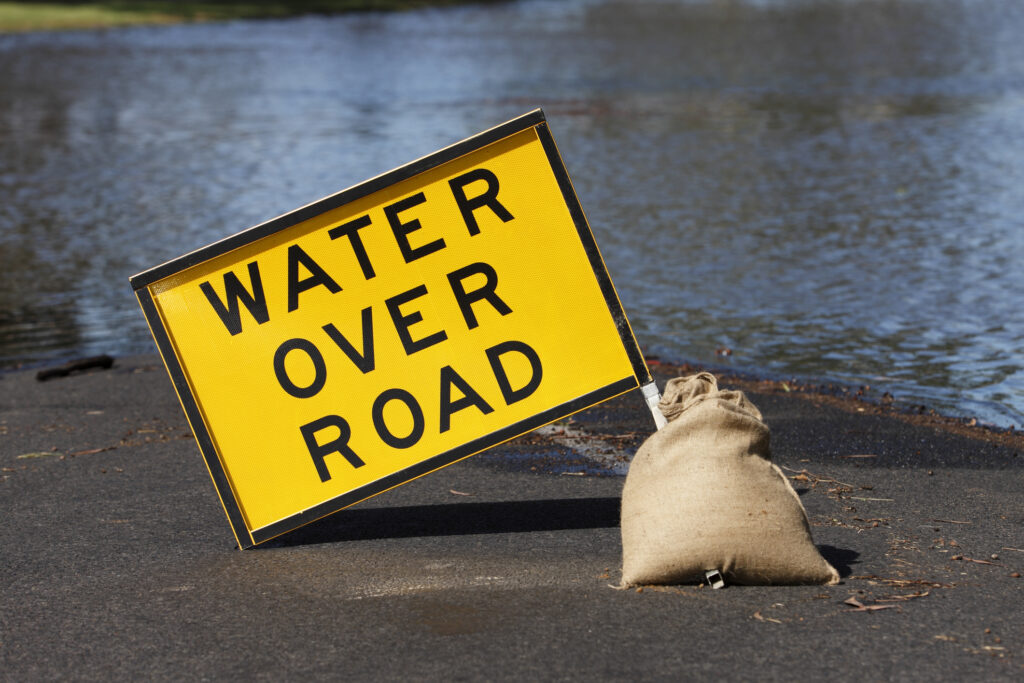Culturally and linguistically diverse (CALD) communities are facing significant systematic challenges while they access disaster risk information and resources, and tools for disaster risk reduction and resilience building. Specific challenges are:
- A lack of culturally-oriented emotional appeals and connections to CALD audiences within existing English-dominant, official information or multi-lingual translations of official information;
- An under-represented, misrepresented, or racialised portrait of CALD communities as disaster ‘victims’ or ‘villains’ in the media that lead to CALD members’ potential alienation from or their mistrust of emergency management authorities;
- Disparity between top-down, seemingly objective risk management by government authorities and CALD communities’ subjective risk perception and mitigation; and
- An absence of a systematic approach to empowering CALD communities to develop self-resilience through leveraging their cultural and social capital, localised knowledge, and lived experience of various disasters.
To address the above cultural, communicative, and process challenges, this project intends to achieve the following objectives:
- To develop a culturally aware and trustworthy storytelling framework that targets CALD communities but is also adaptable to broader society
- To establish a disaster risk communication ecosystem for exchanging knowledge, sharing resources, and building collaborative resilience among CALD communities
- To inform local/state/national-level decision-making and policy development based on diverse and authentic disaster narratives developed directly by at-risk and disaster-affected CALD communities.This project is funded by Queensland Reconstruction Authority.
This grant is funded by Queensland Reconstruction Authority and partnered with Cairns Regional Council.
Centre contact
Chief Investigators
Associate Professor Jenny Hou
Professor Greg Hearn
Dr Kim Osman
